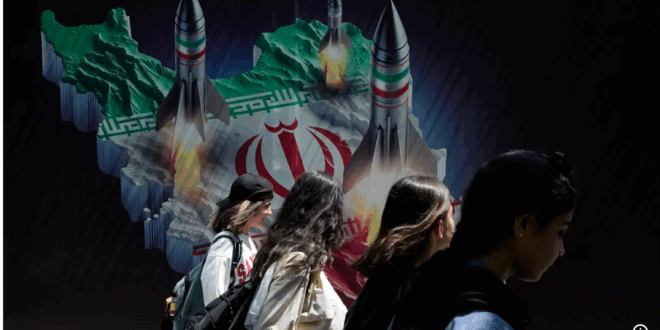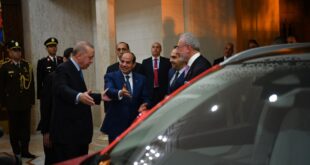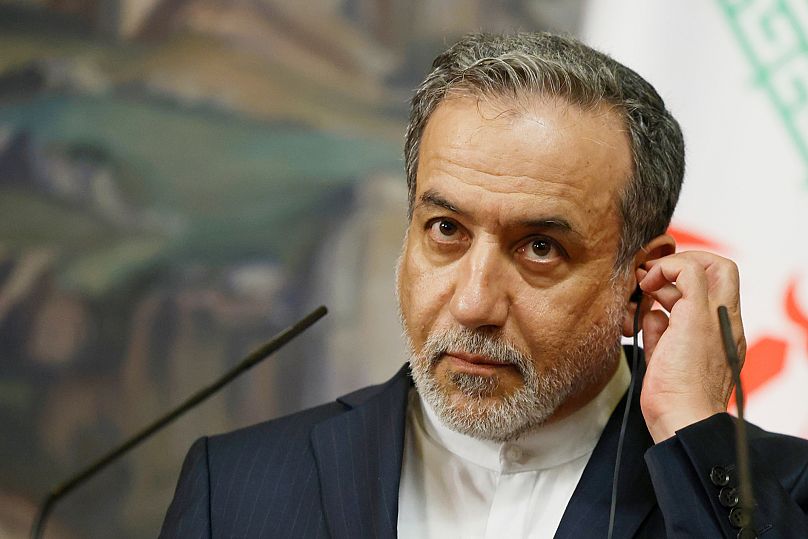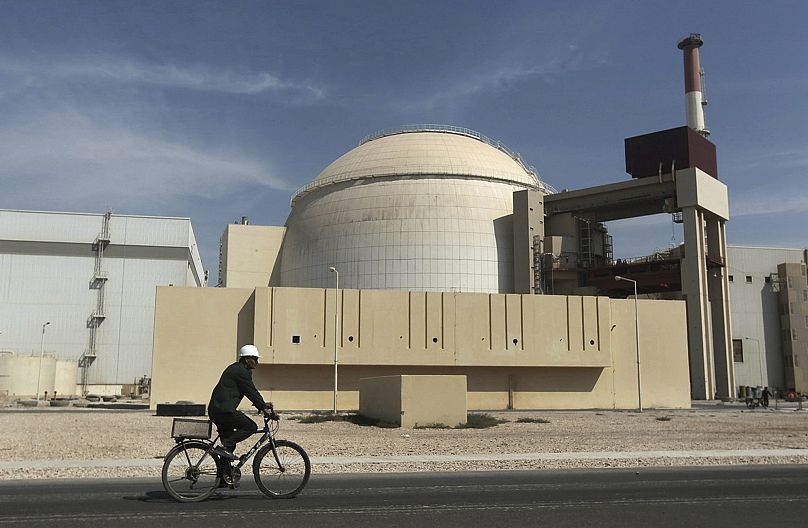Muhamad Yehia.. Cairo
The talks seek to limit Iran’s nuclear programme in exchange for the lifting of some of the crushing economic sanctions the US has imposed on the Islamic Republic.
Oman’s foreign minister has said the fifth round of indirect talks between the United States and Iran to discuss Tehran’s rapidly advancing nuclear programme take place on Friday in Rome.
So far, neither Tehran nor Washington has confirmed the meeting or announced whether they will attend.
Abbas Araghchi made the announcement in a post on the social media platform X after insisting that Tehran will never stop enriching uranium, further underlining the Islamic Republic’s red line in negotiations with the US.
The comments by Araghchi come after several rounds of negotiations, including at an expert level over the details of a possible deal.
However, no agreement has been reached yet and American officials including President Donald Trump, Middle East envoy Steve Witkoff and Secretary of State Marco Rubio maintain that Iran must give up enrichment, something it didn’t do in its 2015 nuclear deal with world powers.
“I have said it before, and I repeat it again: uranium enrichment in Iran will continue — with or without an agreement,” Araghchi said in remarks reported by state television.
Araghchi added that Iran is “currently reviewing whether to participate in the next round and when to take part” in talks with th
“We have never abandoned diplomacy. We will always be present at the negotiating table, and the main reason for our presence is to defend the rights of the Iranian people,” Araghchi said.
“We stand against excessive demands and rhetoric at the table.
Araghchi’s remarks come a day after Iran’s supreme leader, Ayatollah Ali Khamenei, said he didn’t expect the negotiations to produce a deal.
“I don’t think nuclear talks with the US will bring results. I don’t know,” Khamenei said.
The talks seek to limit Iran’s nuclear programme in exchange for the lifting of some of the crushing economic sanctions the US has imposed on the Islamic Republic.
Trump has repeatedly threatened to unleash air strikes targeting Iran’s nuclear programme if a deal isn’t reached.
While Iranian officials increasingly warn that they could pursue a nuclear weapon with their stockpile of uranium enriched to near weapons-grade levels.
Meanwhile, Israel has threatened to strike Iran’s nuclear facilities on its own if it feels threatened, further ratcheting up tensions in a Middle East already rattled by the war in Gaza.
The landmark 2015 nuclear deal with world powers, known as the Joint Comprehensive Plan of Action (JCPOA), capped Tehran’s enrichment level at 3.67% and reduced its uranium stockpile to 300 kilograms
That level is enough for nuclear power plants, but far below weapons-grade levels of 90%.
Since the deal collapsed in 2018 with Trump’s unilateral withdrawal of the US from the accord, Iran has abandoned all limits on its programme and enriched uranium to up to 60% purity, a short, technical step from weapons-grade levels.
 موقع وجه أفريقيا موقع وجه أفريقيا هو موقع مهتم بمتابعة التطورات في القارة الأفريقية
موقع وجه أفريقيا موقع وجه أفريقيا هو موقع مهتم بمتابعة التطورات في القارة الأفريقية





